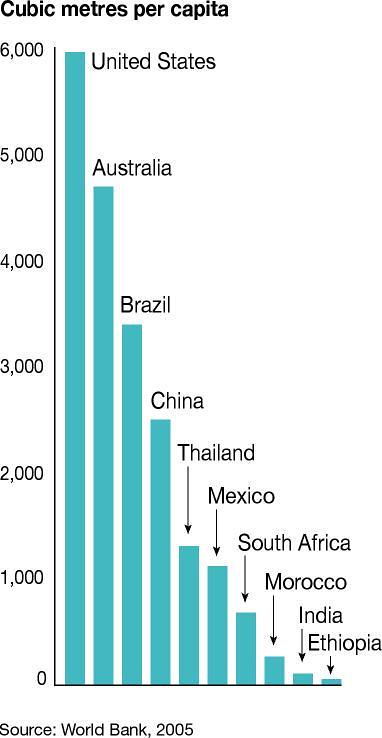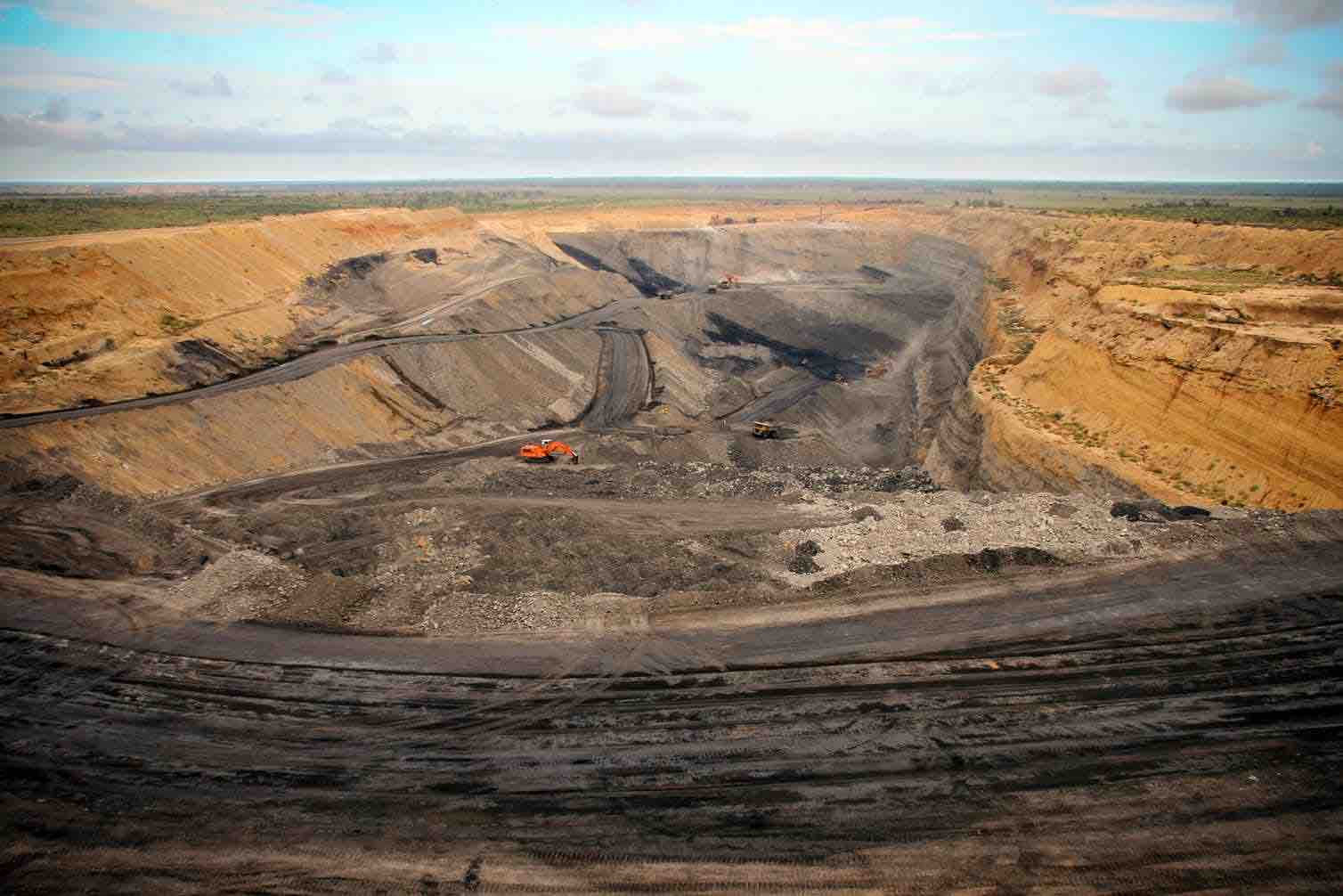We were told what a wonderful resource it was and it would provide enough water for Sydney until 2000 or if the population reached 2million.
So governments have sat on their collective butts since then, it’s nearly 25 years beyond the given date and the population in the Sydney basin is nearing 6million. Surprise, surprise.
Back in the big bad 80's, the wall was raised 5m. It could be raised again, but the reason for raising it should be water storage, not really flood protection. These days many are against raising the dam as it further floods the forests surrounding it.
Since the 1980's, water tanks have been a feature of new homes and as part of the BASIX requirement. In addition, new estates also recycle waste water back into garden/toilet flush and even washing water. The reason for this is more about treating waste water than it is about saving drinking water, but the result is the same, where millions liters of fresh virgin drinkable water would have been used, we now used treated waste water out of purple taps.
Plus as mentioned there are desalination plants at every major city now. (although ironically probably not the gas to power them).
Australia has one of the largest dam storage capacity per capita, in the world.
Cross-country water storage comparisons provide insights into one aspect of risk mitigation capacity. However, storage capacity is only one guide to the linkage between infrastructure and vulnerability. Countries such as Ghana and Zambia have very high levels of water storage per capita -...

www.grida.no
Certainly water security is a thing and many countries have dropped the ball (Um south Africa, South America, Europe, the US, the middle east, etc) But as Australia was always worried about droughts a great, great deal has been done to address many of these issues. While water use for irrigation is an ongoing battle, Australia as a nation isn't going to run out of drinkable water.
Recent closures of coal power stations has resulted in huge amounts of water being available for consumption. Between the power stations and the coal mines, huge quantities of water were required.
New research shows coal mining and coal-fired power stations in New South Wales and Queensland use about 383 billion litres of fresh water every year.

reneweconomy.com.au
Pump hydro also further assists in retaining water, as normal hydro releases can now occur more flexibly.
Regarding subterranean water, there was government action on this to close the huge number of bores opened up in the 1960's and 70's that were never used and wasted huge amount of water (~95% of it).
Ensuring that NSW is liveable and prosperous by delivering thriving communities, public spaces, places and economies.

www.industry.nsw.gov.au
Australia has many dumb politicians, and many ineffective governments. Luckily, the rest of the country generally works despite them. That and our sheer dumb luck has come through to save the day. Not even the environmentalists really considered the waters savings going renewable would have.
While Australia will be affected by climate change, Australia and Australians have been fortifying themselves for it their whole lives as Australia has been warming for ~100 million years, and has always had pretty erratic weather patterns. Our glaciers are all gone. We never had traditional perfect farming environments.
Hence the saying "more trouble than the early settlers", because living in Australia is about fighting for survival.



